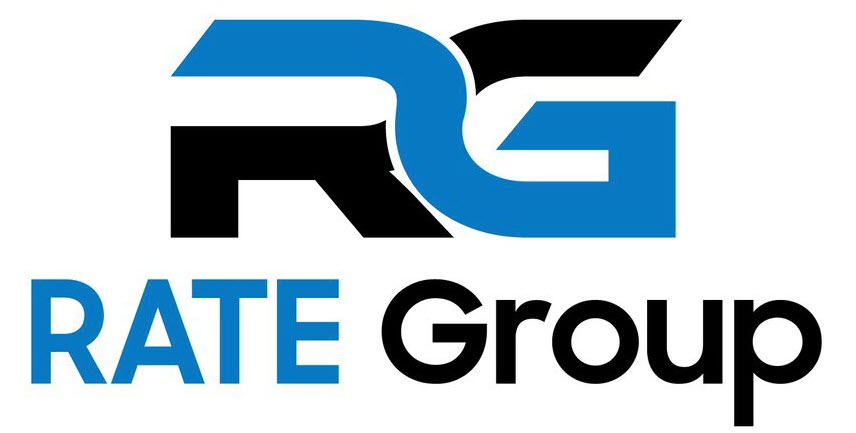
08 May Can heightened cryptocurrency regulations be a major threat to smaller exchanges?
The announcement of FATF’s travel Rule in 2019 came as shocking news to the entire crypto community. As crypto-exchanges were required to submit the originator name, account number, physical address, national identity number of the user, unique identity number, and even the date and place of birth, many of them closed operations, refusing to give away the users’ information.
Moreover, it was made mandatory that all countries abide by this rule; countries that deny would make it to the blacklist. We are a month away from the FATF’s review, while many Asian countries like Singapore, South Korea, and Japan have passed the regulations, others are contemplating the implications.
Canada also recently updated the AML rules, and accordingly, crypto firms in the country are expected to report the transactions above 10,000 CAD to Financial Transactions and Reports Analysis Centre of Canada[FINTRAC]. The question here is – ‘How prepared are these crypto firms to comply…

